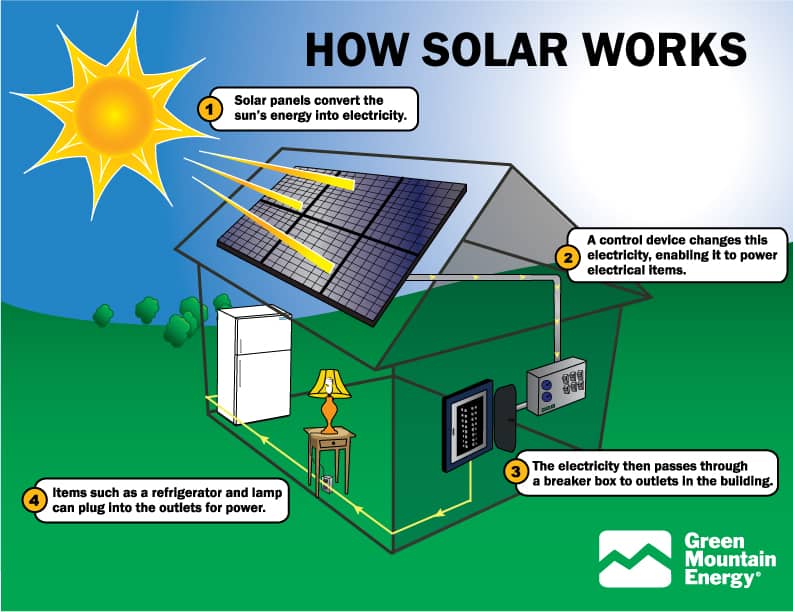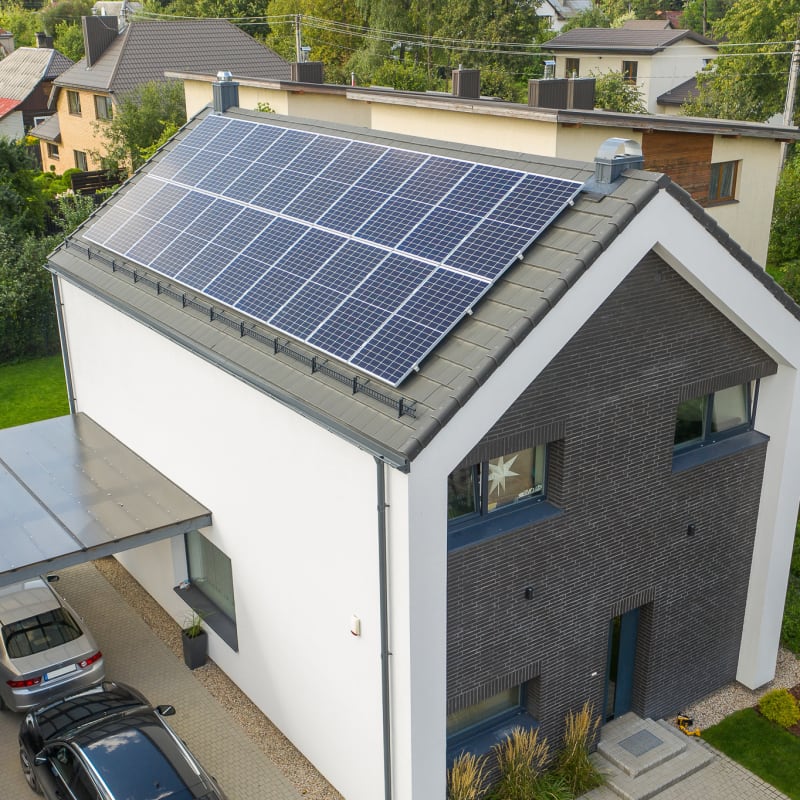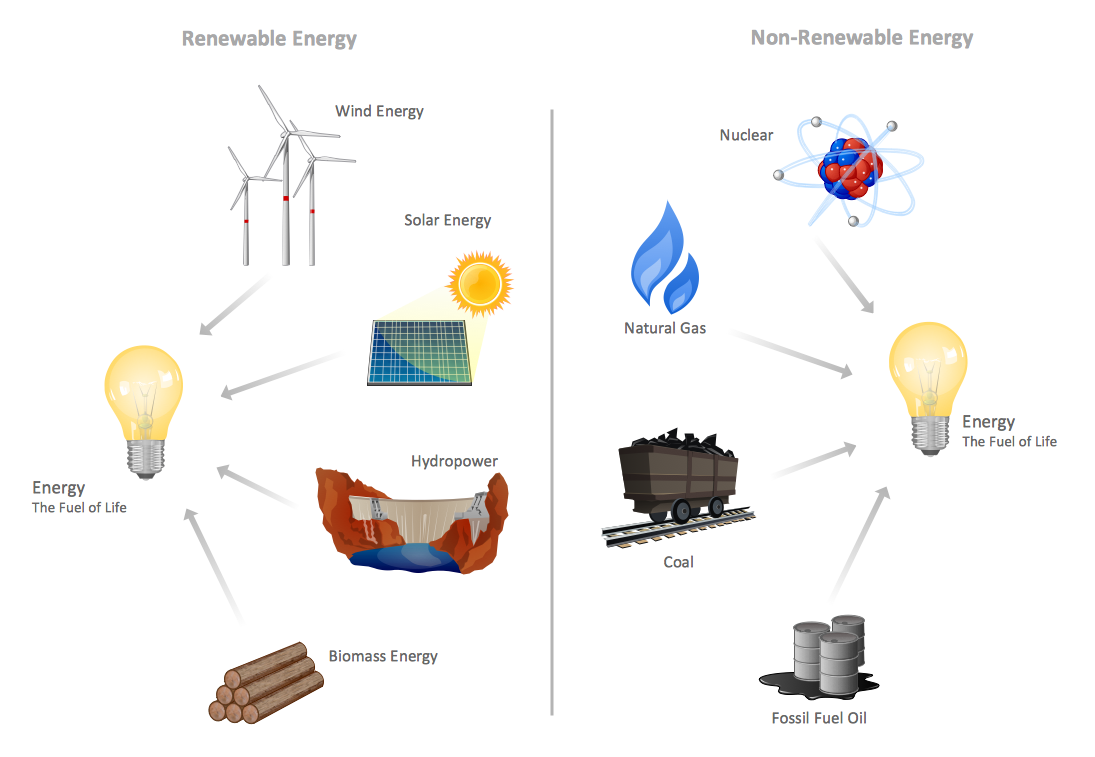
If you are considering installing solar panels on your home, you may want to consider the many perks and benefits that solar panels offer. We'll be looking at tax credits, permits and cost information. Based on your requirements, you will be capable of determining if solar panels would work for you.
Tax credits
Texas offers many incentives for solar panel installations. These include exemptions from property taxes, rebates for utilities, and net-metering. The latter allows property owners sell energy back the grid and receive money in the next billing cycle. However, the above may not apply to all customers. You should check with your utility company to learn more.
Texas utilities offer rebates for installing solar panels and battery backup systems. The incentives are $0.40- $0.80 per Watt. The rebate can total up to $30,000. It can not exceed 50% the cost of the entire installation. The rebate could be substantially increased by adding a solar panel battery backup.
Permits
You must first get a permit before you can install solar panel on your roof. There are many ways to submit applications online and approve permits. It may be as easy as sending an email or as complex as a self-verification system. The process should save everyone valuable time. Even though the process is complicated, it is possible automate most of it using the assistance of solar providers.

After you have applied for your permits you will need to design your solar system. If you want to change the location or the size of your panels, you may need to modify your plans. You'll also have to reapply for permits. If you make any modifications to your plan, you will need them to be paid again. Solar permitting is a lengthy process, so start early and work with a knowledgeable solar installer.
Perks
Texas offers numerous incentives to solar energy entrepreneurs. Some incentives are linked to the specific region, while others are specific cities. Ask your utility company for information about these specials. If your city offers net metering you can take advantage and save money.
Aside from lowering your energy bills, installing solar panels can also increase the value of your home. Your home's value could increase by as much as $3 per watt depending on how big your system is and how well it was installed. This could add $15,000 or more to your home's value.
Cost
If you are in Texas, you may be wondering how much the cost of solar panel installation will be. The average price for solar panels in Texas is about $1,500. Prices can vary slightly depending on where you live. But the good news? You can get a substantial credit on your taxes. In fact, the federal government is offering a 30% tax credit for solar panels that are installed in new buildings before December 31, 2020. For a six-kW system, this credit could be worth between $4,284 and $5,652. Most retailers offer energy buyback and credit your energy bill for the amount of energy you return.
Texas residents may earn up $2,500 in rebates despite the relatively high initial cost of a panel. Austin Energy has a value solar tariff that pays homeowners $0.097 for every kilowatt-hour of solar panel output. This is an impressive amount, especially when you consider the state's high sun levels. Garland Power and Light and City Of Sunset Valley also offer rebates. You can also pay upfront and get rebates offered by local utilities.

Installation
Texas's energy mix includes a lot of solar energy. These include both utility-scale solar power plants as well distributed solar energy, mainly via rooftop photovoltaics. The state's west side has large areas of open land, with some of our highest solar-wind potential. There are many opportunities to build solar and wind power plants in the state.
You will need permits to install solar panels in Texas. Solar contractors can help you obtain these permits. It is vital to have the permits in place, as failing to obtain them may lead to fines and delays. You will also need approval from your electricity provider. This is done for safety reasons, and to enroll your solar system in your local net metering program. Interconnection fees may be charged by your utility company, which can range from $25 to $500. However, most cases the cost is under $150.